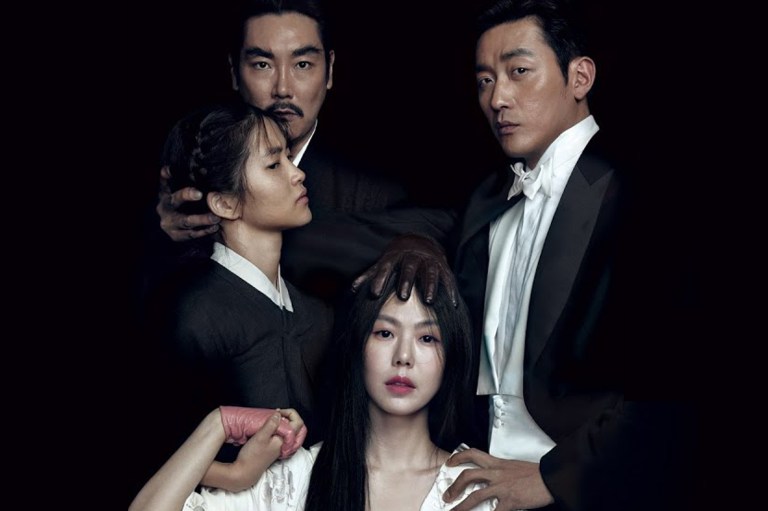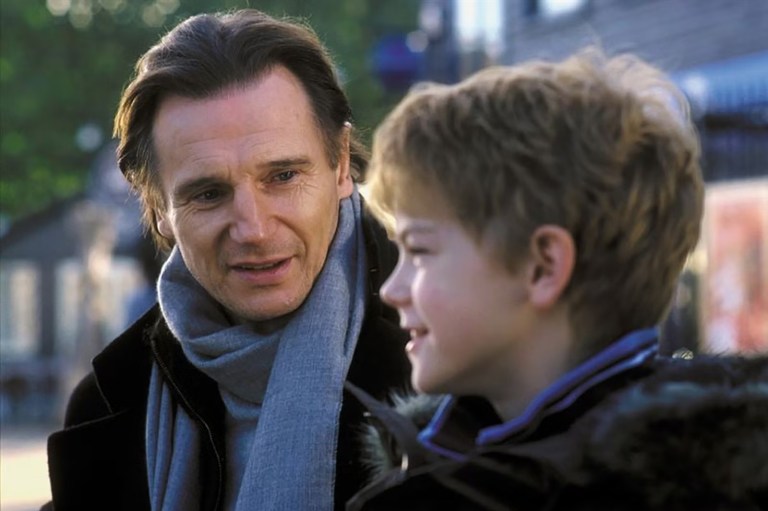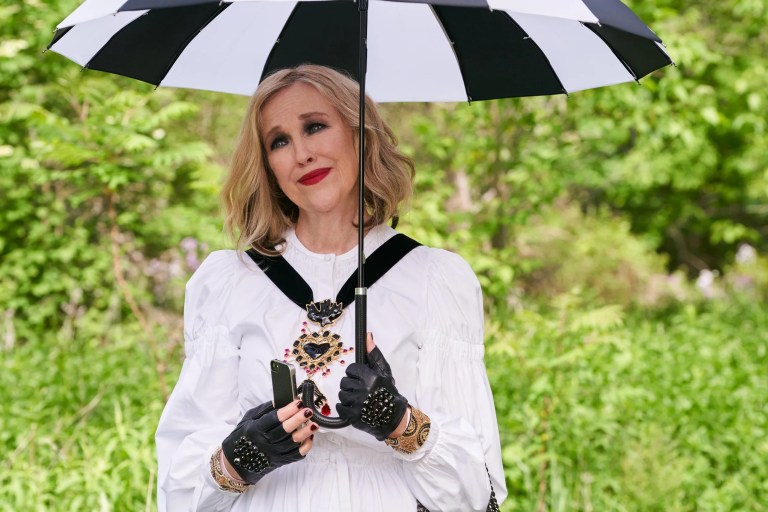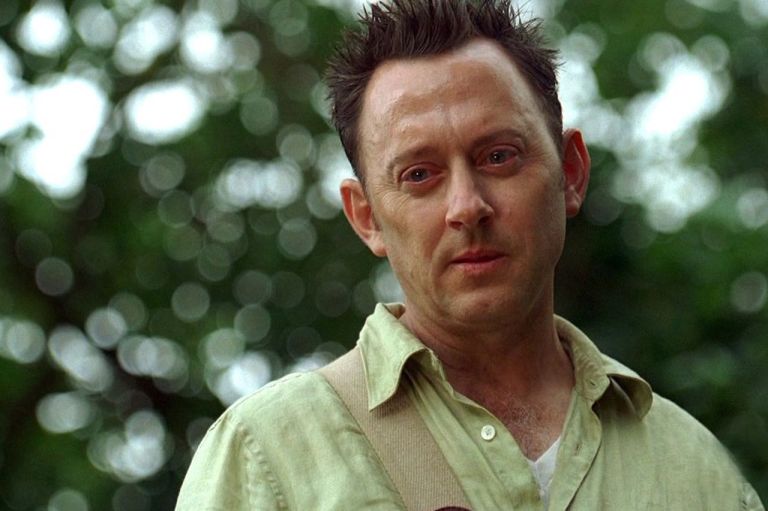
The 7 Best Sitcom Characters Of All Time
Few TV show characters measure up to these sitcom powerhouses.
Lucy Ricardo (I Love Lucy)
The prototypical sitcom hero, Lucille Ball’s caricature of an easily-addled housewife set the standard formula for most American comedies that followed. Breaking down barriers when it came to female representation in 1950s entertainment, Lucy Ricardo blended all the core characteristics one expected to find in a maternal figure. Quirky, zany, yet above all else incredibly loving and supportive, Ball’s indelible blend between slapstick and fast-paced verbal comedy helped her on-screen counterpart capture the hearts, minds, imaginations, and funnybones of audiences for years to come.
Michael Scott (The Office)
Perhaps the defining sitcom character of the 21st century, Michael Scott personifies all the negative traits of an absent-minded office manager–IE, the kind of boss most people hope to never, ever work for. Neither responsible nor strictly competent at his job, Michael nevertheless shows genuine care for each and every one of his employees, even as he struggles to articulate those feelings in a normal and healthy way. With many of his compliments coming off as crass or inappropriate, Michael’s awkward personality and endearing wish to simply fit in made him a sympathetic protagonist audiences could easily root for.
Leslie Knope (Parks and Recreation)
In the original season of Parks and Recreation, fans might have described Leslie Knope as the female equivalent to Michael Scott–a well-intentioned if clear-headed office manager working for Indiana’s local government. Starting around season two, however, Leslie began to differentiate herself from her NBC counterpart on The Office, displaying a persistent determination to make the world a better place (one small-town park at a time).
George Costanza (Seinfeld)
Compared to most other sitcom characters, George Costanza appears as the complete opposite of a normal, well-adjusted, likable protagonist. In fact, George’s personality–like each of his fellow main characters on Seinfeld–only seems to grow worse over time, leading him to devolve into a greedy, lazy, self-centered cynic characterized by his lack of ambition or basic morals. As a result of George’s gradual character change over the course of Seinfeld’s run, audiences couldn’t help but crack up whenever they saw one of George’s harebrained schemes blow up in his face, from his disastrous tenure with the New York Yankees to his many, many failed romances.
Hawkeye Pierce (M*A*S*H)
In many ways, Hawkeye Pierce brought a degree of sanity to the often chaotic nature of warfare, shining a light on the senseless loss of life for soldiers and civilians alike in the Korean War. Donning a colorful aloha shirt and showing a devil-may-care attitude, Hawkeye’s light-hearted humor and complete lack of seriousness made him an ideal foil to more conservative-minded military bureaucrats (such as his perpetual nemeses, Frank Burns). Behind his rowdy exterior, however, Hawkeye possessed a more thoughtful and introspective view of the world, often leading him to express frustration with military red tape or violence of any kind.
Karen Walker (Will & Grace)
The proverbial devil on everyone’s shoulder, Karen Walker seemed like that wild friend from college who simply refused to grow up. Never one to internalize her thoughts, it wasn’t long before the most biting comments came flying out of her mouth, many of which were aimed at those she believed her social inferiors. Brash, loud-mouthed, and rude to no end, Karen’s unpredictability added a whole new layer of excitement to Will & Grace, allowing audiences to wait with bated breath to see what sarcastic comment she might utter next.
Frasier Crane (Cheers)
A character so popular, he received not one, but two spin-off series, Frasier Crane provided an element of sophistication to the laid-back atmosphere of Cheers, sharing plenty of psychiatric insight to the patrons of the lax Boston bar. An intellectual braggart unafraid of sharing his opinion on any and every topic imaginable, Frasier somehow possessed that rare ability to win over every viewer in the audience, despite his often condescending attitude.











